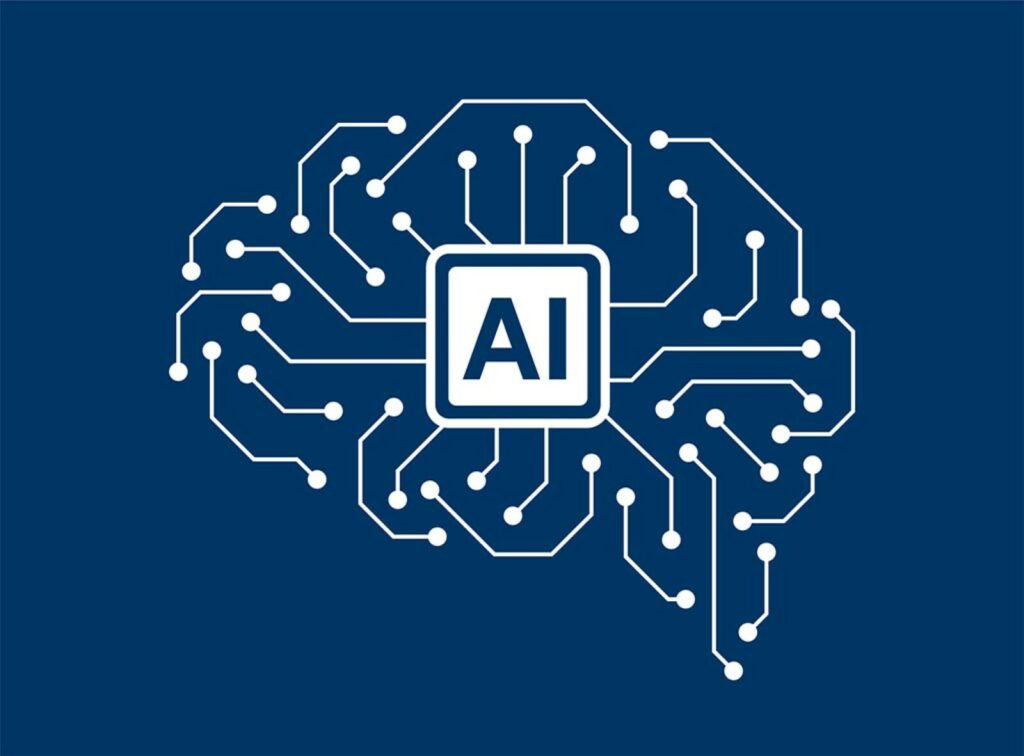Artificial intelligence proliferates in all industry sectors, bringing new insights to decision making but the most useful and impactful use of AI is in the health care sector.
Artificial intelligence algorithms such as machine learning and deep learning are being used in diverse areas of health care, such as drug development, medical imaging analysis, and electronic health records optimization.
In the pharmaceutical industry, AI algorithms are fed sample data, for example, different types of molecules. The algorithm outputs a result on how these molecules react to each other to create a new pharmaceutical drug. Although revolutionary AI in drug development still requires a lot of sample data, which we still do not have, to develop functional and safe drugs, placing it still in the infancy stage. But as more data on the different molecule structures are discovered, these algorithms will improve in creating effective drugs. AI in drug development does not replace scientists and conventional research, though. Humans still depend on generating novel biological insights, setting research directions and priorities, and guiding and validating results.
In the medical imaging frontier, AI algorithms are fed patient MRI, CT, X-ray, and mammogram scans, thus being able to analyze the scans and thereby identify pathological ailments. It is still not 100% foolproof because a lot of bias still exists in the origin of sample data fed into these AI algorithms. Incorrect analysis occurs due to bias in sample data, such as the limited representation of the human population and the inability to process medical scans from different brand scanners accurately. Once again, medical imaging AI analysis will not replace radiologists. It is a tool for better and more accurate analysis of medical scans, freeing radiologists from analyzing mundane tasks and spending more time with their patients.
Finally, AI algorithms are being used in the search optimization of electronic health records. Electronic health records substitute paper-based medical records but are cumbersome and time-consuming when searching for relevant data. Artificial intelligence algorithms can speed this process, thus enabling the medical practitioner to spend more time diagnosing a patient and improving the doctor-patient relationship. Also, by using AI technology in conjunction with the data from electronic health records, patient illness, and pathological disorders can be predicted, enabling preventive medical attention and drug prescription.
Nuts and bolts of Artificial Intelligence(AI)(Opens in a new browser tab)
In this new world of AI-assisted health care, there is a shortage of medical staff with knowledge of artificial intelligence use and its tools. It is imperative that future medical staff get trained from a multi-disciplinary perspective in both medicine and AI-related disciplines.
